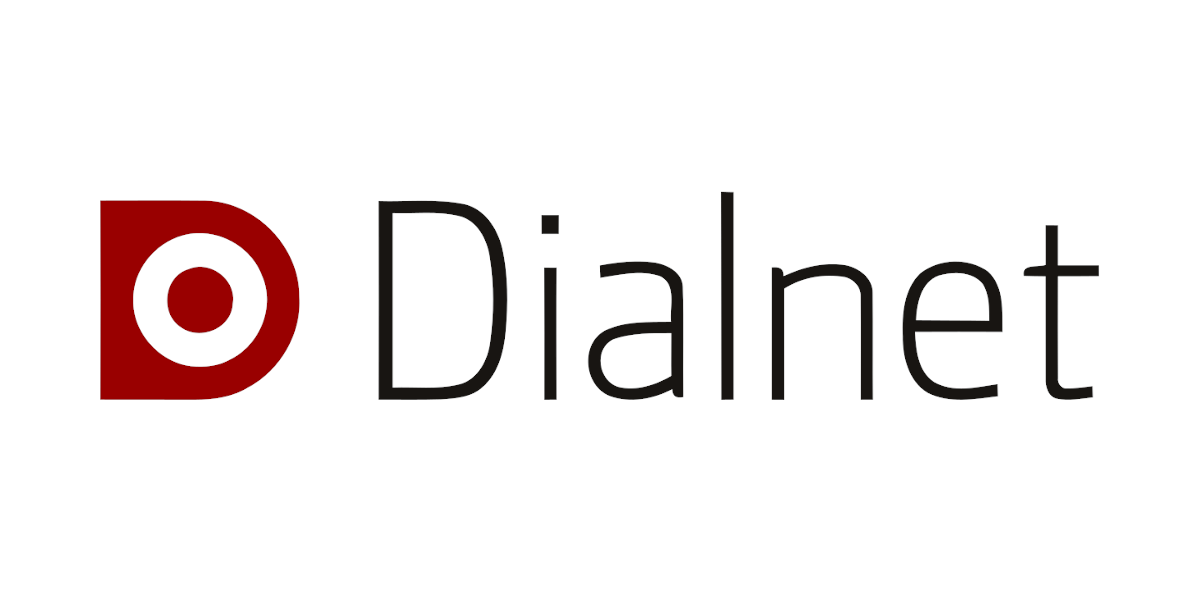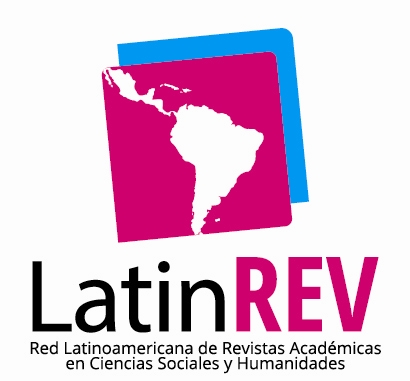The analysis of state contracts at the regional level: a tool for identifying corruption risks. The experience of the Research and Analysis Group (GIA) of the General Auditor's Office of the Republic of Colombia
DOI:
https://doi.org/10.70254/controlvisible.2021.1.4Keywords:
corruption , organized crime , prevention , knowledge managementAbstract
This document compiles the experience of the Research and Analysis Group (GIA) of the Office of the Auditor General of the Republic (AGR). Said group operated in the 2015-2016 period and was responsible for collecting and analyzing data to identify corruption risks in the execution of the public budget at the territorial level. The Group identified natural persons and legal entities that have multiple contracts in the territories; this is what the AGR and the Office of the Comptroller General of the Republic have called “business meshes”. This concept has been proposed in order to measure the concentration of government contracting in a few actors. The GIA group designed processes to identify the risk of state capture at the territorial level by analyzing public procurement at the territorial level. The document describes methods and presents them as a good practice in knowledge management because the products generated contribute to the public debate and can be used to make decisions in the AGR. The analysis of territorial public procurement is a strategic opportunity insofar as it strengthens fiscal control based on the collection and analysis of data from the supervised entities.
Downloads
References
Baiov, V. A., Rone, A. P., Perelyhina, R., Kovtun, O. O., & Urlapova, O. Y. (2021). Organizational and legal approaches in fighting organized crime. REVISTA DE LA UNIVERSIDAD DEL ZULIA, 12(34), 297-316. https://doi.org/10.46925//rdluz.34.18
Dandurand, Y., Colombo, G., & Passas, N. (2007). Measures and mechanisms to strengthen international cooperation among prosecution services. CRIME LAW AND SOCIAL CHANGE, 47(4-5), 261-289. 13th Meeting of the United-Nations-Commission on Crime Prevention and Criminal Justice. https://doi.org/10.1007/s10611-007-9072-6
Kaplan RS, Norton DP (1996) “Using the Balanced Scorecard as a Strategic Management System” Harvard Business Review, 1996; (1):76.3.
Kemp, W. A. (2004). The business of ethnic conflict. SECURITY DIALOGUE, 35(1), 43-59. https://doi.org/10.1177/0967010604042535
Davenport, T., Prusak, (2001). Conocimiento en Acción. Cómo las organizaciones manejan lo que saben. Buenos Aires: Pearson Education. 4.
Hirsh, W. (1952). “Manufacturing progress functions”, Review of Economics and Statistics, 34 (2).5.
Hellman, J., Kauffman, D. (2001). La captura del Estado en las economías en transición. Finanzas & Desarrollo, septiembre de 2001.6.
Mendes, S. da R., & Borges Souza, A. C. (2020). Non-prosecution agreement and the paradigm of prevention in the fight against corruption and economic macrocriminality in Brazil: New alternatives to the traditional punitive model. REVISTA BRASILEIRA DE DIREITO PROCESSUAL PENAL, 6(3), 1175-1208. https://doi.org/10.22197/rbdpp.v6i3.374
OECD (2003). Measuring Knowledge Management in the Business Sector: First Steps. Citado por David Rodríguez Gómez, “Modelos para la creación y gestión del conocimiento: una aproximación teórica”, Educar, 37, 2006, 25-39.2.
Transparency International (2016). Policy brief 01/2016, The humanitarian imperative: how curbing corruption can save lives.
Downloads
Published
License
Copyright (c) 2022 Control Visible

This work is licensed under a Creative Commons Attribution-NonCommercial 4.0 International License.
How to Cite












